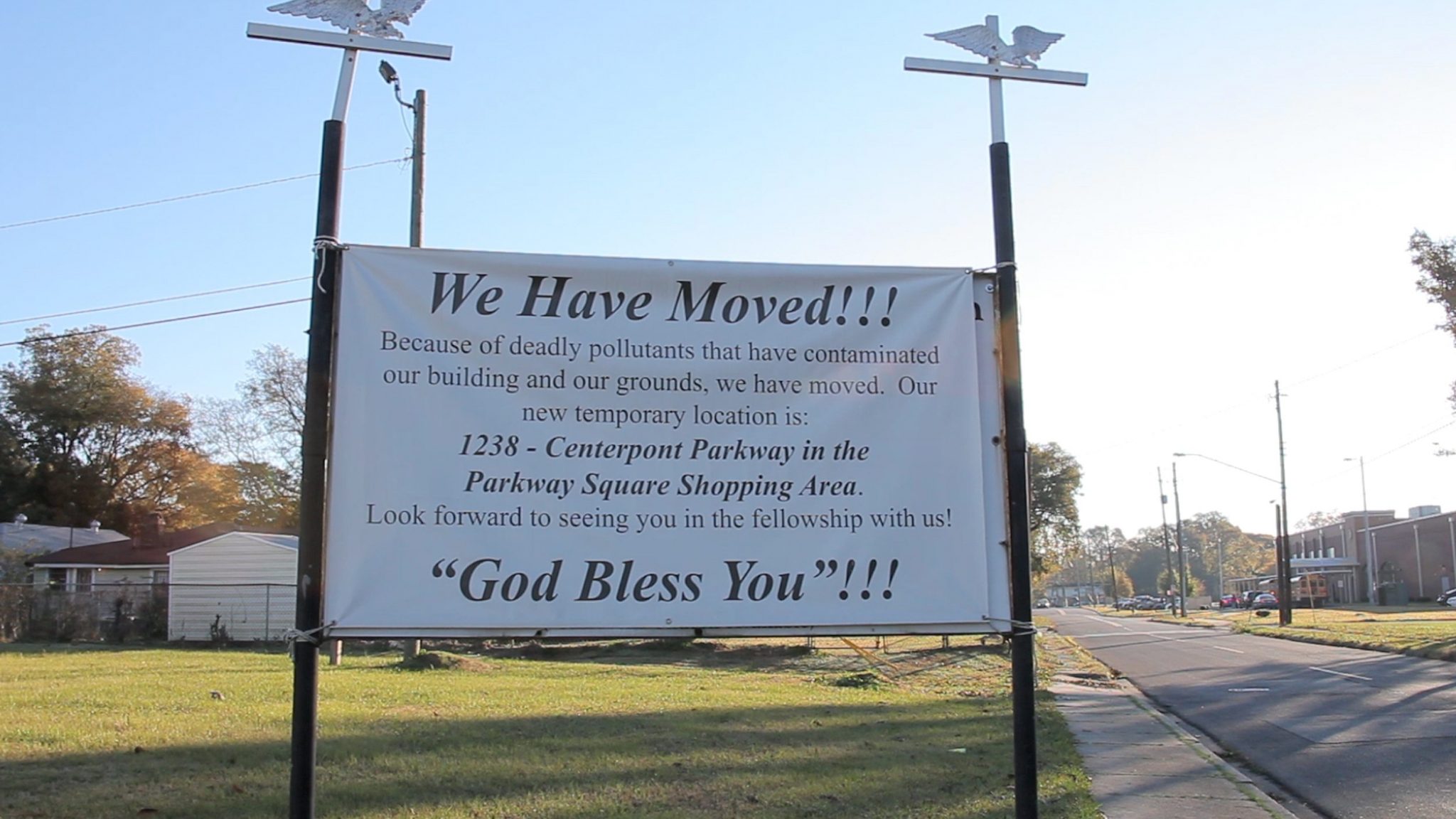“Injustice anywhere is a threat to justice everywhere. We are caught in an inescapable network of mutuality, tied in a single garment of destiny. Whatever affects one directly, affects all indirectly.” —Dr. Martin Luther King, Jr.
Today we celebrate the life and legacy of one of our nation’s greatest leaders: Dr. Martin Luther King, Jr. Alabama played an important role in the Civil Rights Movement, and was the setting for many important milestones toward President Lyndon B. Johnson signing into law the Civil Rights Act of 1964.
Our country has seen great strides since the enactment of the Civil Rights Act, but many injustices persist today. Research shows that minority communities are exposed to greater air pollution than wealthier, white neighborhoods. The EPA defines environmental justice as “the fair treatment and meaningful involvement of all people regardless of race, color, national origin, or income with respect to the development, implementation, and enforcement of environmental laws, regulations, and policies.” Just as before, Alabama is failing its citizens and communities when it comes to environmental justice.
Title VI of the Civil Rights Act allows individuals alleging discrimination based on race, color, national origin, disability, sex and age by recipients of federal funds to file administrative complaints with the federal departments and agencies that provide financial assistance. In Alabama, the EPA has accepted four different complaints alleging discrimination on the basis of race for the issuance of certain permits. Three of those complaints address permits given to the Arrowhead Landfill in Uniontown and to the air permits given to Walter Coke in Birmingham and ABC Coke in Tarrant.
In December of 2015 the Environmental Protection Agency (EPA) released a Notice of Proposed Rulemaking (NPR) to amend the way the Office of Civil Rights at EPA processes and responds to complaints that agencies receiving EPA funds discriminate on the basis of race, color, national origin, disability, sex and age. The EPA also, after much urging from groups over the years, released a Case Resolution Manual that will guide EPA in handling complaints. EPA is accepting comments from the public on the proposed rule and the Case Resolution Manual, and Gasp will be extensively commenting on both. Comments are due on February 12, 2016.
The communities whose complaints have been accepted (and all of the other communities and individuals who suffer but have not officially complained to EPA) cannot wait any longer for meaningful enforcement. Air pollution unfairly burdens communities of color. Environmental injustice is not just a northern Birmingham problem or a Uniontown problem. As Dr. King asserted, the injustices suffered by these communities are a threat to all Alabama communities. Gasp vehemently maintains that clean air and healthy communities are rights we all share.
Are you interested in signing onto our comments and/or submitting your own comments? Fill out the quick form below or send me an email at [email protected]. We’ll be in touch in February — which just so happens to be Environmental Justice month!
[contact-form-7 id=”6130″ title=”EJ sign on”]



